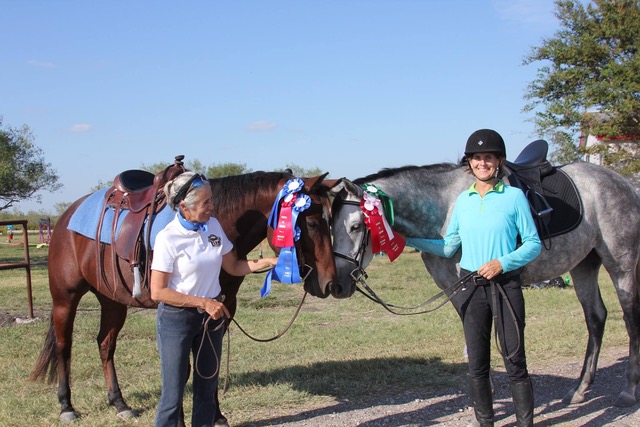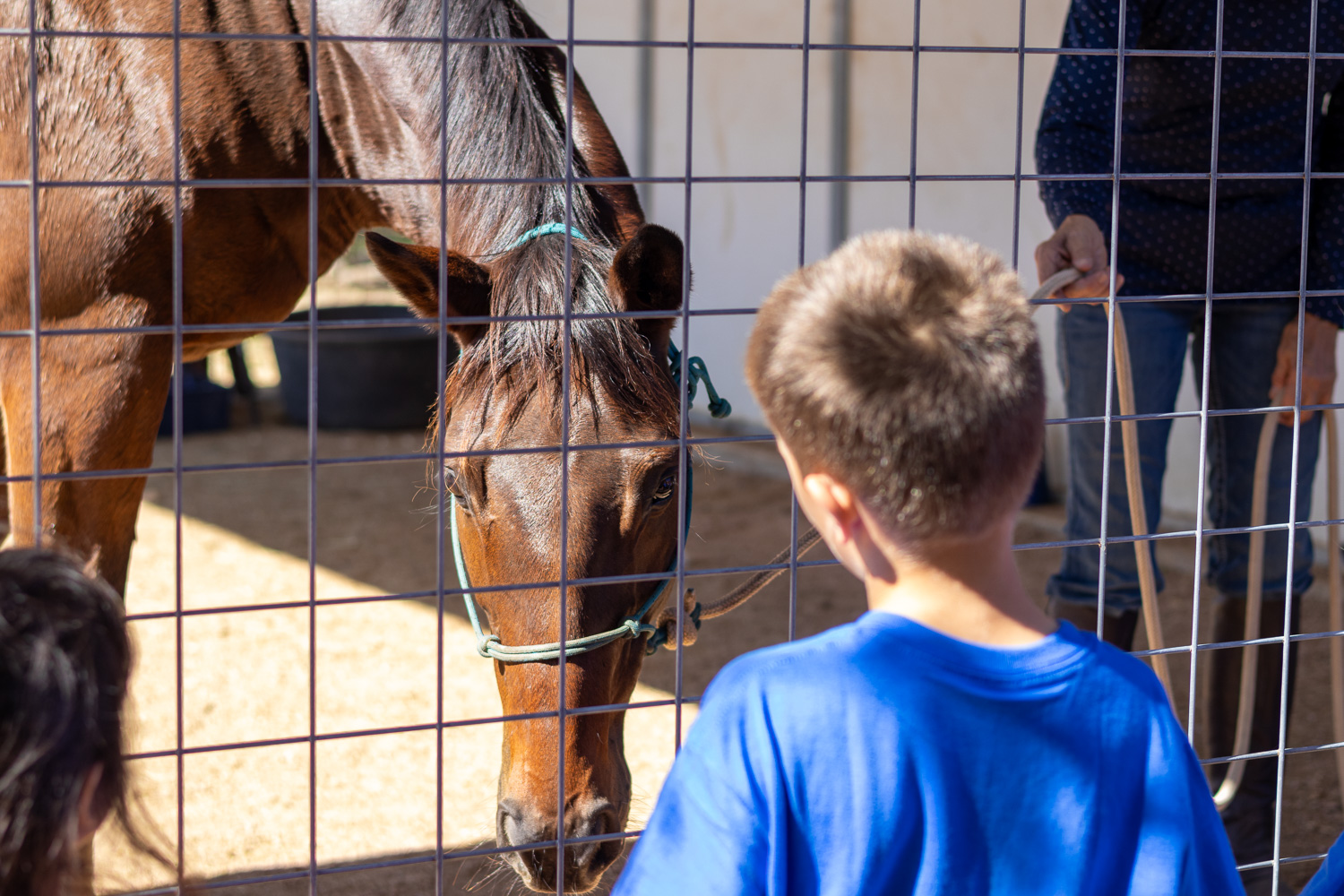Full disclosure — I am occasionally guilty of chirping at my horses. By chirping, I mean chattering away about nothing (like repeating the horse’s name or bleating “good boy” for no apparent reason).[pullquote align="right"]Most of us really care about our horses and love them. But sometimes that love can inadvertently slide into a subtle form of disrespect — when we expect the horses to respond to the human way of connecting emotionally.[/pullquote]I need to knock it off. Really, I do — because it isn’t useful to anyone (especially the horses). All it does is give me the utterly false sense that the horses care about my chirps and are listening to them. So instead of focusing on actual real stuff I ought to be doing (like riding effectively, for example), I lull myself into thinking that I am sharing some kind of a Hallmark special bonding moment (a Disney mind meld, if you will) with the horse.Most of us really care about our horses and love them. But sometimes that love can inadvertently slide into a subtle form of disrespect — when we expect the horses to respond to the human way of connecting emotionally. And this can create some surprisingly negative consequences for both the horse and rider.When we wander into the habit of chirping while riding or working with horses, what we are saying is, “please listen to my voice and not my body language — because it’s a lot easier for me to just coo at you than take responsibility for correcting my riding or ground work cues.”

When I was first taking riding lessons in Virginia long ago, I once observed a boarder lunging her newly purchased horse in the indoor arena. Her mare was a pretty chestnut with a flaxen mane and tail, long legs and the worried expression of a horse used to living in perpetual anxiety. She whirled around the lady frantically, eyes rolling and nostrils flaring.Her owner clutched the end of the lunge line while chanting to the mare repeatedly. “Ninja-Ninja-Ninja-ooooo-Ninja-Ninja-Ninja-aahaah.” She kept her voice high, her intonation singsong, and her free hand pressed to the yin-yang symbol on her tee-shirt. Eventually, she needed both hands to grip the lunge line, as her mare became more unsettled and tense with each “Ninja.”The lady’s facial expression morphed quickly from placid to concerned to hurt to afraid to (finally) angry. She was mad that the horse didn’t respond to her special chant — it was the horse’s fault, not hers. I never forgot that change in her emotions — and what it said about her horsemanship. Although I had only been taking lessons for a few months, I knew that the horse was being treated improperly (and unfairly). To no one’s surprise, she sold that mare shortly afterward (no doubt blaming bad auras or incompatible astrology signs for their lack of “click” as a team).Typically, we expect our horses to have a good “try” in them — to sincerely make an effort to process and respond to our aids. We should also expect the same of ourselves — to work at improving those less-than-ideal elements in our riding. It’s a lot harder than refining the perfect pitch for a cooed word of praise to the horse — but it is much more rewarding and helpful to the horse.I put this theory to the test one day when I decided to catch, saddle, and ride my horse without saying one word. It was incredibly difficult — but when I finally did manage to be quiet, I began noticing subtle (and not so subtle) factors in my position, posture, and hands that needed to change. All my chatter had distracted me from learning more important information than whether my horse knew “Goood BOOY” in a husky voice meant half halt. For example, like whether I was actually giving my horse a good cue with my seat to half halt first (before cooing).I still do chirp to my horses — but not nearly as much and usually not while riding them. Because I ride much better when I practice a vow of silence in the saddle — even if it means a whole lot of chatter at the barn before and after the ride.






